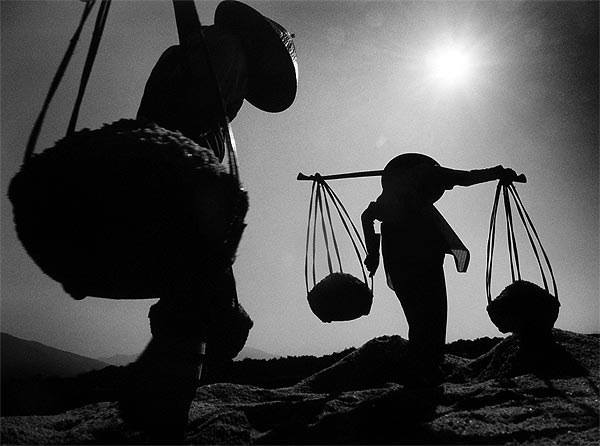Short Reflection for the 18th Sunday in Ordinary Time (A)
Readings: Isaiah 55: 1-3; Romans 8: 35. 37-39; Matthew 14: 13-21
Gospel Passage: “There is no need for them to disperse. Give them something to eat yourselves.” (Mt. 14: 16)
Meditation: The challenge of the Gospel to act and do CHARITY AND SHARING of our goods by ourselves. THESE ARE NOT CARRIED OUT BY PROXY. WE LIVE & DO THEM OURSELVES…
Bapa Jun
DHIKR SIMPLE METHOD...
1st step: Write the Dhikr (the Arabic word for REMEMBRANCE) in your heart.
2nd step: Let the Dhikr remain always in on your lips and mind - RECITING the Dhikr silently as often as possible...
3rd step: Be attentive to the disclosure of the meaning/s of the Dhikr in your life.
Lesson 1: Badal (an Arabic word for Ransom)
In our introduction, we have said that the Dhikr practices are intimately linked to the people belonging to a “Tariqa” (a path or confraternity). In the traditions of Christian witnesses living in the world of Islam, a movement emerged by the name of Badaliyya (Ransom/Substitution). Frs. Louis Massignon and Charles de Foucauld were the more known Badals… We shall journey through the Badaliyya Movement through meditation…
- The hospitality of Abraham is the sign among the nations – the gathering of all peoples … announcing in the end that God is constant and insistent RSVP.
- God is an invitation to mastery of oneself, discipline, delight, celebration and entrustment.
- Hospitality is a known and a much respected tradition in the East… In fact the obligation of Hospitality is prior to the obligation of doing a jihad…
Refrain during the week: “Wa ma qadaru-l-llahi hatta drihi” (They did not have the true estimation of God) S6:91.
Bapa Elisha “Jun” Mercado, OMI


